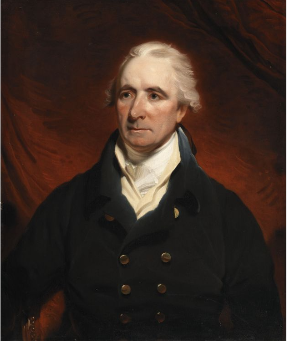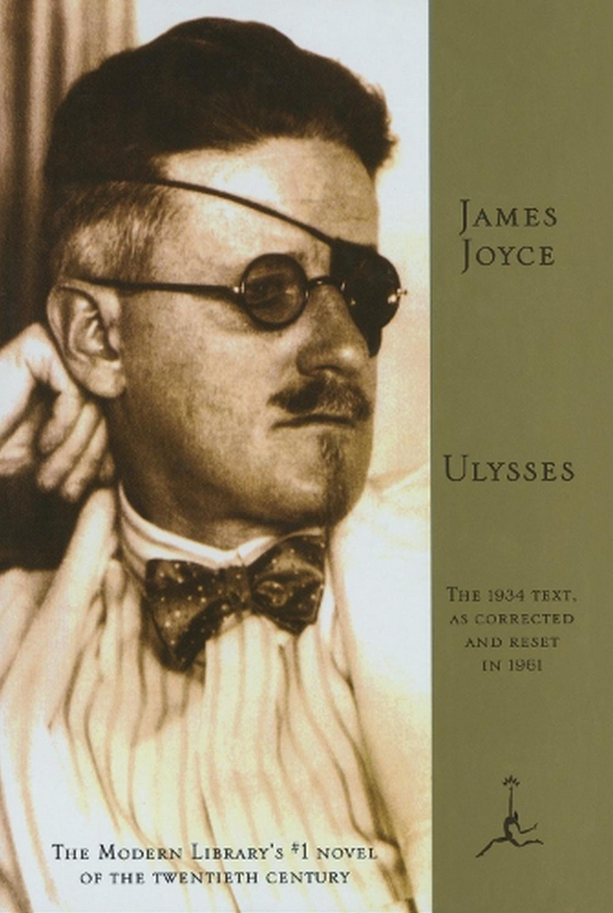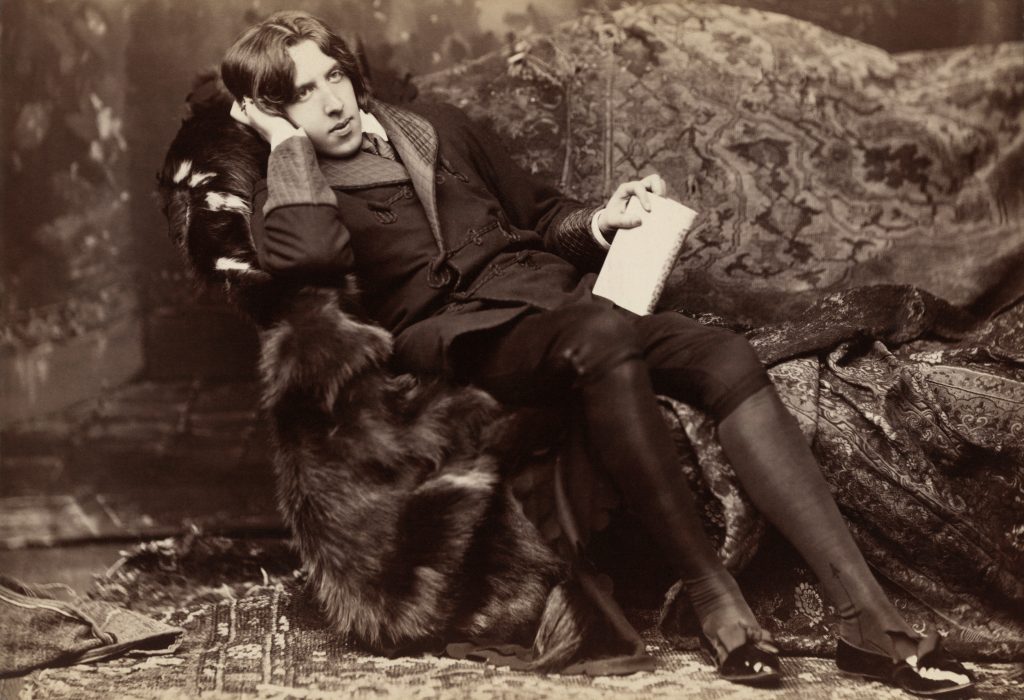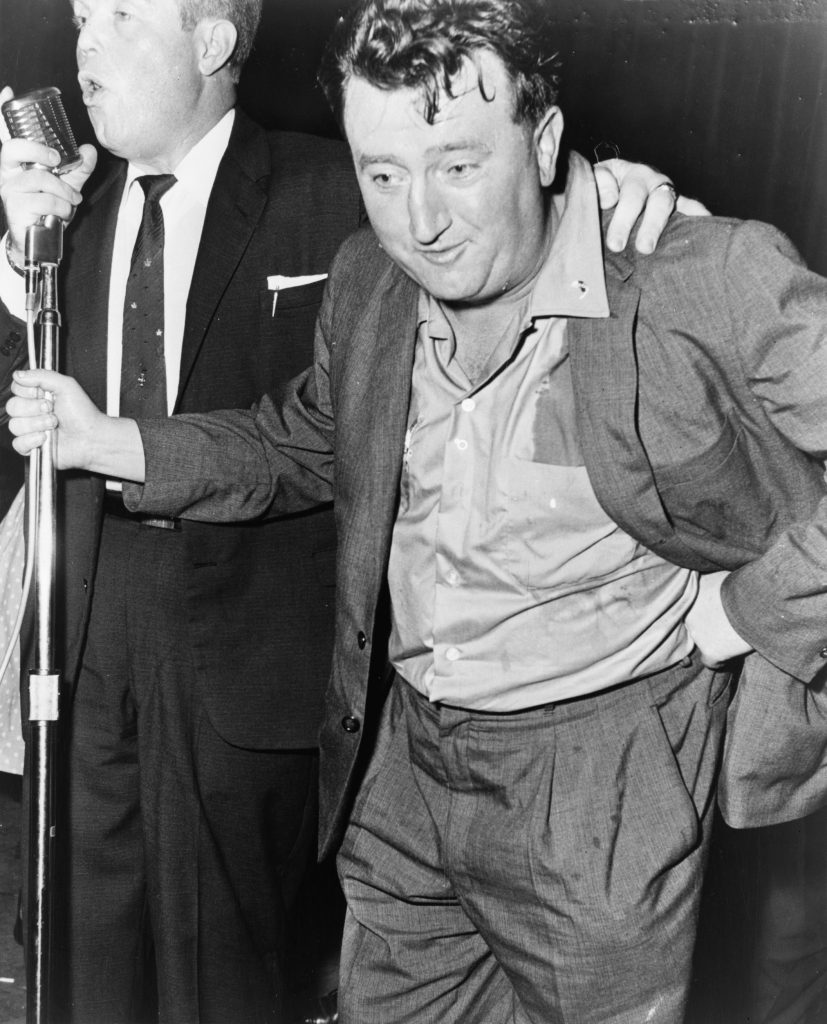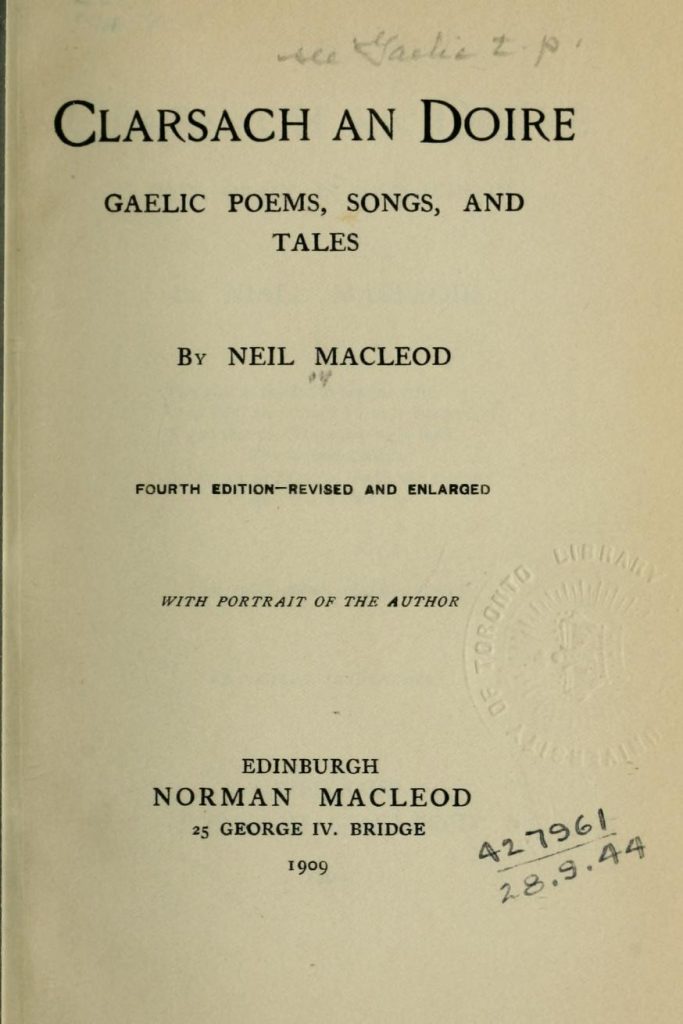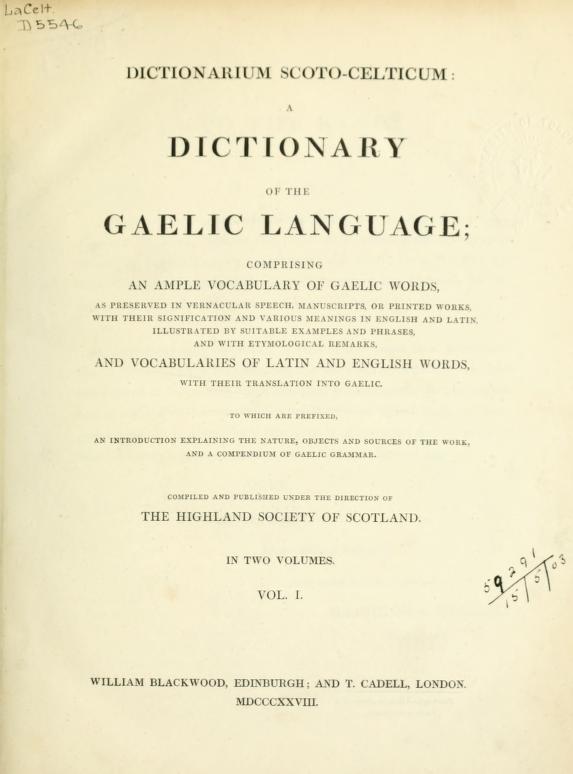This St. Patrick’s Day, we’re toasting the rich literary tradition of Ireland! From the modernist genius of James Joyce to the sharp Victorian wit of Oscar Wilde, Irish writers have left an indelible mark on literature. Explore their works—and many more—right here at the Sheridan Libraries. Whether you’re revisiting a classic or discovering a new favorite, let the spirit of Ireland inspire your reading.
Edna O’Brien (1930-2024) was an acclaimed Irish author known for her vivid and lyrical prose, often exploring themes of female identity, sexuality, and the constraints of Irish society. Born in 1930 in Tuamgraney, County Clare, she gained international recognition with her debut novel, The Country Girls (1960), which was banned in Ireland for its frank depiction of female desire and independence. Despite initial controversy, O’Brien went on to have a prolific career, writing novels, short stories, plays, and biographies, earning praise for her unflinching portrayal of women’s inner lives. Her works, including Girl (2019), continue to resonate with readers for their emotional depth and keen social insight. Over the decades, she has received numerous literary awards, cementing her legacy as one of Ireland’s most significant contemporary writers.
“When anyone asks me about the Irish character, I say look at the trees. Maimed, stark and misshapen, but ferociously tenacious.” ― Edna O’Brien
Henry Grattan (1746–1820) was an Irish politician and orator best known for his tireless advocacy for Irish legislative independence from Britain. A leading figure in the Irish Parliament, he played a crucial role in securing the short-lived legislative freedom of Ireland in 1782, an achievement often referred to as “Grattan’s Parliament.” A skilled orator, he championed constitutional reform, Catholic emancipation, and economic independence. Grattan remains a celebrated figure in Irish history, symbolizing the struggle for national self-determination. Sheridan Libraries contain a collection of materials including a pamphlet, three manuscript documents, and a letter related to Henry Grattan’s efforts to reform Ireland’s tithe system. The pamphlet contains his 1788 speech in Parliament, while the documents, sent by English clergyman Joseph Stopford to the Earl of Courtown, detail opposition to Grattan’s bill. His proposal aimed to ease the burden of tithes, which funded the English clergy, but faced strong resistance. The collection offers insight into this contentious issue in Anglo-Irish relations.
“Let me conclude by observing, that you have the two claims before you; the claim of England to power, and of Ireland to liberty: and I have shown you, that England has no title to that power to make laws for Ireland; none by nature, none by compact, none by usage, and none by conquest; and that Ireland has several titles against the claims of England…” — Henry Grattan, Speech in the Irish House of Commons (22 February 1782), quoted in The Speeches of The Right Honourable Henry Grattan, in the Irish, and in the Imperial Parliament, Vol. I (1822), p. 118
James Joyce (1882–1941) was an Irish modernist writer known for his innovative narrative techniques, including stream of consciousness and experimental language. His most famous works include Dubliners (1914), A Portrait of the Artist as a Young Man (1916), Ulysses (1920), and Finnegans Wake (1939). Ulysses, often considered one of the greatest novels of the 20th century, re-imagines Homer’s Odyssey through a single day in Dublin. Joyce’s groundbreaking style, deep exploration of consciousness, and rich linguistic play have cemented his legacy as one of the most influential writers of modernist literature.
“The object of the artist is the creation of the beautiful. What the beautiful is is another question.” ― James Joyce, A Portrait of the Artist as a Young Man
Oscar Wilde (1854–1900) was a Dublin-born poet, playwright, and novelist known for his sharp wit, flamboyant style, and keen social satire. A leading figure of the Aesthetic Movement, he is best remembered for The Picture of Dorian Gray (1890), his only novel, and for his brilliant comedies, including The Importance of Being Earnest (1895) and An Ideal Husband (1895). Wilde’s works often critiqued Victorian hypocrisy and championed beauty and pleasure over moral rigidity. His glittering literary career was tragically cut short when he was imprisoned in 1895 for “gross indecency” due to his relationship with Lord Alfred Douglas. After his release, he lived in exile in France, where he wrote De Profundis, a deeply personal letter reflecting on his downfall. He died in 1900 at the age of 46, but his legacy endures as one of literature’s most celebrated and quotable figures.
“You will always be fond of me. I represent to you all the sins you never had the courage to commit.” ― Oscar Wilde, The Picture of Dorian Gray
Also born in Dublin, Brendan Behan (1923–1964) was an Irish playwright, poet, and novelist known for his clever humor, rebellious spirit, and deep engagement with Irish nationalism. A former member of the Irish Republican Army (IRA), he was imprisoned as a young man, an experience that heavily influenced his writing. His most famous works include The Quare Fellow (1954), a play set in a prison on the eve of an execution, and Borstal Boy (1958), a memoir detailing his time in a British reform school. Behan’s works are marked by a mix of dark comedy, social critique, and a deep understanding of human nature. A larger-than-life personality, he was known for his boisterous drinking and storytelling, which became as legendary as his literary achievements. Despite his early death at 41 due to complications from alcoholism, Behan remains one of Ireland’s most distinctive literary voices.
“It’s not that the Irish are cynical. It’s rather that they have a wonderful lack of respect for everything and everybody.” ― Brendan Behan, Brendan Behan, Interviews and Recollections Volume 1
The Peabody Library holds a significant collection of Irish language books from the late 19th and early 20th centuries, a period of cultural revival and nationalist movements in Ireland. Some of these books include Dictionarium scoto celticum, a dictionary of the Gaelic language compiled by Royal Highland and Agricultural Society of Scotland, and Clarsach an doire which is a collection of Gaelic poems and songs by Neil Macleod (1843-1913). These works reflect the efforts to preserve and promote the Irish language through literature, folklore, history, and linguistic studies. This collection offers valuable insight into Ireland’s literary and cultural renaissance.
The Sheridan Libraries house the works of these great writers, ensuring that generations of readers can explore their brilliance. Gifts help us maintain and expand these collections, providing access to timeless literature for all. Celebrate St. Patrick’s Day by making a donation and keeping the spirit of Irish storytelling alive!


